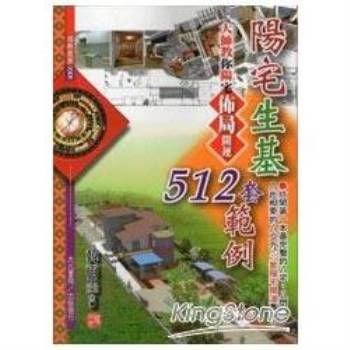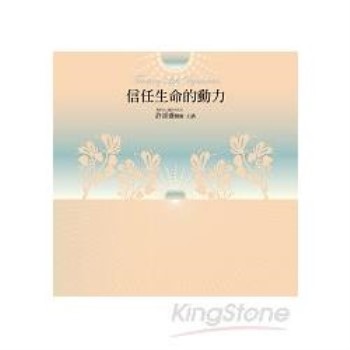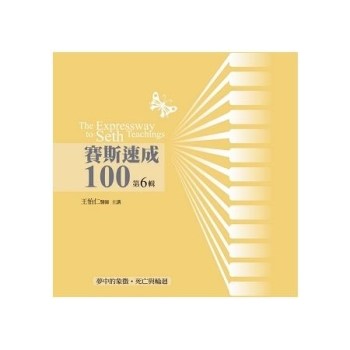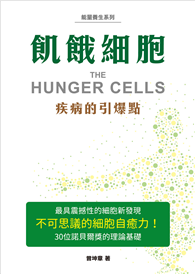This book tells the fascinating story of the development of medical and sanitation services in Hong Kong during the first century of British rule and how changing political values and directions of the colonial administration and the socio-economic status of the Hong Kong affected the policies of development in these areas. It also recounts how the bubonic plague of 1894 changed the government’s laissez-faire attitude towards sanitation and public health and began sanitary reforms and developed public health infrastructure.
好評推薦
This book is not just a chronological history of the medical and health system of Hong Kong between 1842 and 1941. It also gives a critical and dispassionate analysis of the different cultural, social, and political factors which prompted the government and the public to consider change and implement reforms with far reaching effects. It also teaches us that racial discrimination, social inequity, and mutual distrust are always obstacles to social progress including healthcare.──Rosie T. T. Young, The University of Hong Kong
Many books have been written about the history of medicine and public health in colonial Hong Kong, but here at last we have a comprehensive survey that will appeal to general readers and scholars alike. Moira Chan-Yeung’s tale of two cities contrasts the gradually improving sanitation and health standards enjoyed by Hong Kong’s
privileged European elite with the squalid conditions endured by the impoverished Chinese residents until the turning point of the bubonic plague epidemic in 1894. The story of rapid improvement in the lives of Hong Kong’s ever-expanding population in the early twentieth century is explained within the social, political and cultural context that made Hong Kong so distinctive as a British colony.──Peter Cunich, The University of Hong Kong
Based on solid archival research, contextualized in the social, political, and cultural history of the period, physician-scientist-historian Moira Chan-Yeung has given us a fascinating, readable exploration of the evolution of Western medicine in Hong Kong, its diseases, institutions, colonial abuses, and scientific achievements. In this story, matters of gender, race, class, and autonomy repeatedly determined health or illness and influenced attempts to care.──Jacalyn Duffin, Queen’s University
| FindBook |
有 4 項符合
A Medical History of Hong Kong 1842-1941的圖書 |
| |
A Medical History of Hong Kong 1842-1941 出版日期:2018-09-21 |
| 圖書選購 |
| 型式 | 價格 | 供應商 | 所屬目錄 | $ 1496 |
Health Fitness & Dieting |
$ 1530 |
傳記/醫療史 |
$ 1530 |
醫療保健 |
$ 1581 |
中文書 |
|---|
| 圖書館借閱 |
| 國家圖書館 | 全國圖書書目資訊網 | 國立公共資訊圖書館 | 電子書服務平台 | MetaCat 跨館整合查詢 |
| 臺北市立圖書館 | 新北市立圖書館 | 基隆市公共圖書館 | 桃園市立圖書館 | 新竹縣公共圖書館 |
| 苗栗縣立圖書館 | 臺中市立圖書館 | 彰化縣公共圖書館 | 南投縣文化局 | 雲林縣公共圖書館 |
| 嘉義縣圖書館 | 臺南市立圖書館 | 高雄市立圖書館 | 屏東縣公共圖書館 | 宜蘭縣公共圖書館 |
| 花蓮縣文化局 | 臺東縣文化處 |
|
|
圖書介紹 - 資料來源:博客來 評分:
圖書名稱:A Medical History of Hong Kong 1842-1941
內容簡介
作者介紹
作者簡介
Moira M. W. Chan-Yeung
Dr. Moira M. W. Chan-Yeung has over 40 years of experience in research and scholarship, having published about 400 peer-reviewed articles, numerous book chapters and several books. A world authority on occupational asthma, she was instrumental in having it recognized as a compensable disease and setting up criteria for assessing respiratory impairment / disability in patients with asthma. She was given the Alice Hamilton Award for “Major and Lasting Contribution in Occupational Health” from the American Industrial Hygiene Association and the prestigious Distinguished Achievement Award from the American Thoracic Society in recognition of her contributions.
Dr. Moira M. W. Chan-Yeung is Professor Emeritus of Medicine at the University of British Columbia and Honorary Clinical Professor of Medicine at the University of Hong Kong. This book is her fourth work on history after her retirement.
Moira M. W. Chan-Yeung
Dr. Moira M. W. Chan-Yeung has over 40 years of experience in research and scholarship, having published about 400 peer-reviewed articles, numerous book chapters and several books. A world authority on occupational asthma, she was instrumental in having it recognized as a compensable disease and setting up criteria for assessing respiratory impairment / disability in patients with asthma. She was given the Alice Hamilton Award for “Major and Lasting Contribution in Occupational Health” from the American Industrial Hygiene Association and the prestigious Distinguished Achievement Award from the American Thoracic Society in recognition of her contributions.
Dr. Moira M. W. Chan-Yeung is Professor Emeritus of Medicine at the University of British Columbia and Honorary Clinical Professor of Medicine at the University of Hong Kong. This book is her fourth work on history after her retirement.
|











